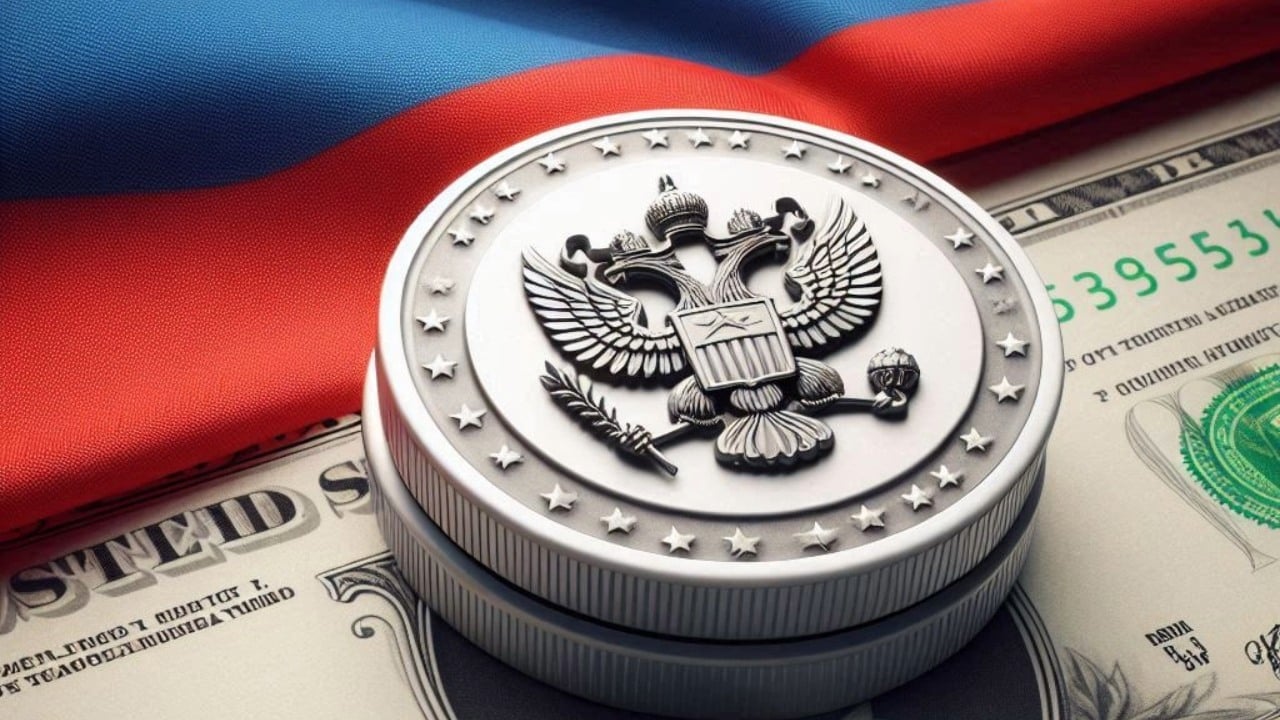Russia Enacts Comprehensive Crypto Regulations: What Investors Need to Know
Introduction
As cryptocurrencies gain traction worldwide, Russia is introducing a new set of laws aimed at regulating its digital asset industry. Starting on November 1st, the Russian government will exert greater control over crypto mining, particularly in regions where mining may be restricted. This marks a significant shift in Russia’s approach to crypto, aiming for stricter regulatory oversight.
In this article, we’ll explore key elements of the new law, its impact on Russia’s crypto sector, and its implications for global cryptocurrency regulation.
Key Changes in Russia’s Crypto Law
- Mining Restrictions in Certain Areas
The law empowers the government to ban crypto mining in designated regions, a departure from previous regulations allowing unrestricted mining. - Expanded Access to Digital Currency Addresses
Federal agencies beyond the Federal Financial Monitoring Service now have access to digital currency addresses, enhancing oversight and monitoring of potential financial crimes. - Mining Without Registration for Individuals
Individuals can mine without registering as long as they adhere to electricity usage limits, while businesses are required to register their operations. - Increased Oversight by the Federal Tax Service
The Federal Tax Service now manages the miner registry. Businesses found in violation of the rules risk removal from the registry, effectively barring them from legal mining activities.
These changes aim to balance innovation with control, aligning the crypto industry with Russia’s broader economic and energy policies.
Regional Mining Bans: Managing Energy and Environmental Impact
The law’s power to limit mining in specific regions allows the government to address environmental and energy concerns. This approach aims to conserve resources and may lead to concentrated mining activities in energy-rich regions or even outside of Russia. For miners, regional regulations mean operating within specific areas or potentially moving operations abroad.
Expanded Access to Digital Currency Identifiers
Granting access to digital currency addresses to multiple federal agencies increases transparency, aiding in the fight against financial crimes. However, this expansion may also raise privacy concerns among cryptocurrency users who prioritize anonymity.
Rules Differ for Individual Miners vs. Businesses
Individuals enjoy a degree of flexibility, with the ability to mine unregistered as long as they adhere to electricity caps. Businesses, however, are required to register, allowing the government to monitor large-scale operations more closely.
Federal Tax Service Oversight and Penalties for Non-Compliance
The Federal Tax Service now oversees the mining registry. Companies that violate regulations risk removal from the registry, making it illegal for them to mine. This shift in oversight is designed to bring more control to Russia’s crypto industry and ensure it aligns with Russia’s economic and financial goals.
Russia’s Move to Legalize Crypto Mining and International Payments
Russia has recently legalized crypto mining, creating a framework for regulated crypto activities. This approach reflects the country’s move to reduce reliance on traditional finance systems, especially as sanctions limit access to global markets. By exploring the use of cryptocurrency for international transactions, Russia hopes to reduce its dependency on the US dollar.
BRICS and the Role of Digital Currencies
As part of the BRICS group, Russia is actively considering digital currencies for economic cooperation, aiming to strengthen ties among member countries and reduce reliance on Western financial systems.
Russia’s Selective Approach to Crypto Regulation
Russia’s method combines selective regulation with support for small miners. Individuals can mine within specific limits, while larger mining operations must register. Russia also emphasizes transaction oversight to prevent money laundering and ensure alignment with global financial standards.
Russia’s Crypto Regulation in the Global Context
Russia’s move to regulate crypto offers a unique model. With its regulated yet flexible framework, Russia seeks to lead by example, potentially influencing how other countries might approach cryptocurrency regulation.
Diverse Reactions to Russia’s New Crypto Law
The crypto law has sparked mixed responses. Large-scale miners appreciate the regulatory clarity, while privacy advocates worry about increased monitoring. Despite these concerns, the government encourages small-scale mining and educates the public to ensure an understanding of the regulations.
Energy and Environmental Impact of Russia’s New Crypto Law
Russia’s new crypto mining regulations reflect its focus on energy conservation and environmental responsibility. Mining operations often strain local power resources, so the government’s decision to regulate mining on a regional basis aims to support energy efficiency and promote eco-friendly mining practices.
With access to vast energy resources, Russia is well-positioned to encourage greener mining practices. These regulations, alongside incentives for renewable energy usage, align with global trends toward sustainability.
Addressing Privacy, Enforcement, and Market Challenges
- Privacy Concerns
Expanded access to digital currency information may alarm privacy-conscious users. The government might consider revising this policy to limit data access and clarify data protection measures. - Enforcement Challenges
Enforcing regional bans and electricity limits presents logistical hurdles. Effective monitoring systems are essential, and lax enforcement may lead to rule circumvention, prompting future policy revisions. - Attracting Investors and Retaining Talent
To build a competitive industry, Russia must avoid over-regulation that could deter foreign investments or encourage local talent to seek opportunities elsewhere.
Russia’s Vision for the Future of Cryptocurrency
Russia’s crypto laws are expected to adapt as the market evolves. By adjusting policies in response to technological advances and public feedback, Russia aims to build a secure, stable, and sustainable crypto industry that can compete on a global level.
Cheap Remote Crypto Mining for you – Click Here
Conclusion: A New Era of Crypto Regulation in Russia
Russia’s new crypto regulation represents a significant shift toward stricter control over digital currency activities. Balancing regulatory oversight with crypto industry growth, these laws lay the groundwork for a framework aligned with Russia’s economic objectives. As Russia leads in the global crypto regulation landscape, the impact of these changes on the international stage will be closely watched.


